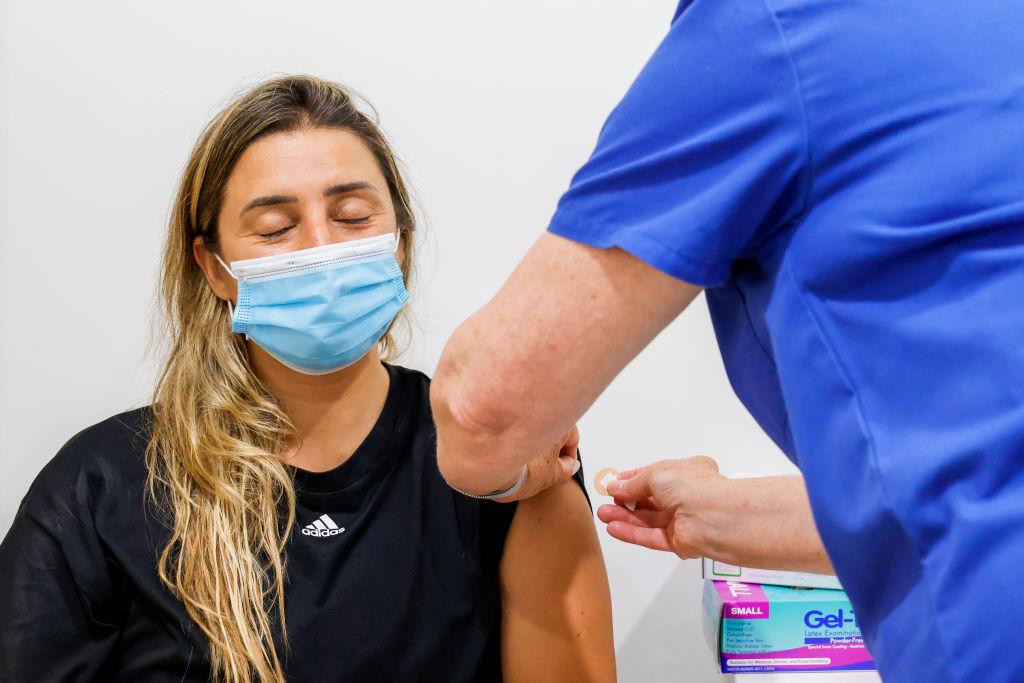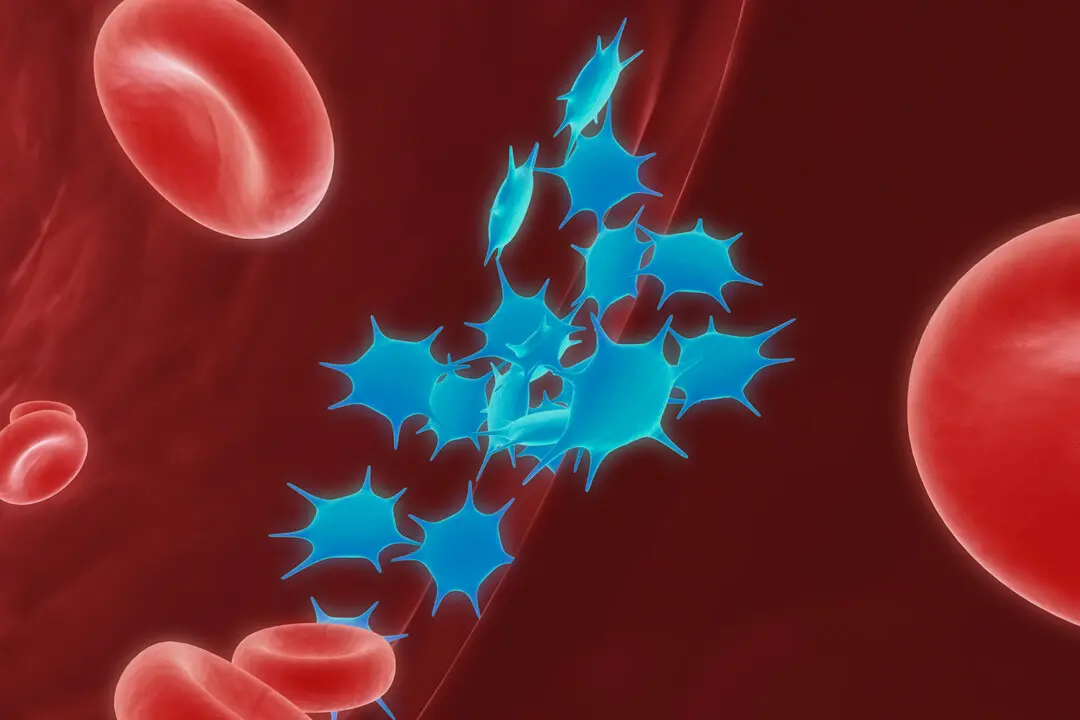The ATAGI has updated its guidelines around COVID-19 vaccinations saying that Australians will need three COVID-19 vaccine doses to be considered fully vaccinated on Feb. 10.
For Australians to be “up-to-date” on their COVID-19 vaccinations, it is now recommended that they have a booster shot within 3 to 6 months from the primary course for Australians 16 and over. Children aged from 5 to 15 are currently not recommended to be administered boosters.





